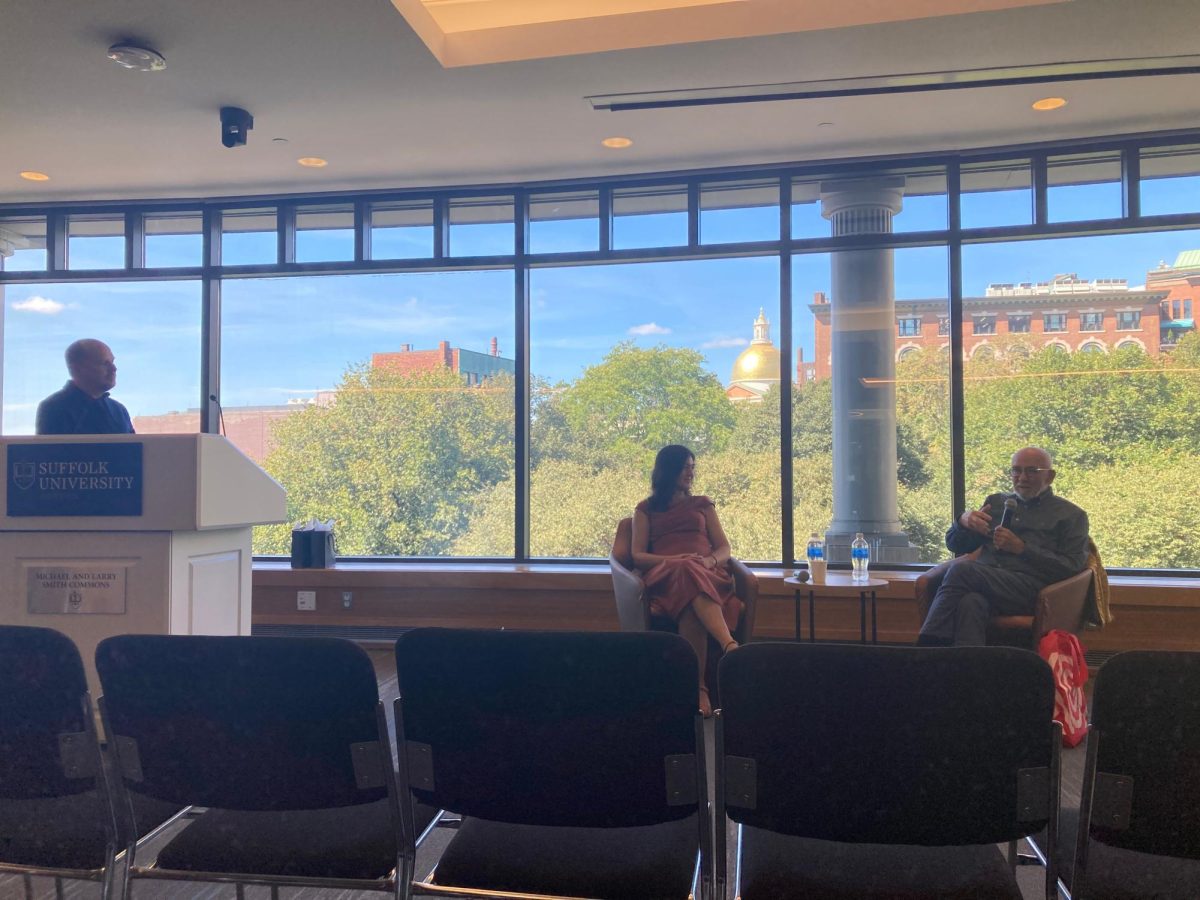Article by: Alex Pearlman
Mark Zuckerberg is an ass. Well, at least that’s how he comes off in Ben Mezrich’s most recent book, The Accidental Billionaires, The Founding of Facebook: A Tale of Sex, Money, Genius and Betrayal (Random House, 2010) , which will soon be released as a film written by Aaron Sorkin.
Mezrich is a terrible writer who writes about stories that are so good, it simply doesn’t matter that his metaphors are lame and his grammar is atrocious. He’s the author of Bringing Down the House (Free Press, 2003), about the whiz kids from MIT who took Vegas for millions by counting cards. Now, he brings his focus to another local whiz kid factory: Harvard.
Mark Zuckerberg and Eduardo Saverin came up with the idea for Facebook in Zuckerberg’s Harvard dorm room and it quickly spiraled into one of the greatest Internet success stories ever, becoming a billion dollar company in just a few years.
Mezrich compiled enough information for a book through interviews, newspaper articles and confidential sources close to the action, but clearly states in the introduction that it is essentially a work of fiction and that Zuckerberg did not return phone calls or emails and was not interviewed for the book.
Accidently Billionaires is an intriguing story because it gives a somewhat fictionalized account of the back story that affects not only every college student in America, but also the other millions of Facebook users internationally.
The book is told from two perspectives. Saverin was Zuckerberg’s best friend at Harvard, he’s Facebook’s cofounder, and was the initial investor in the company. Saverin actually owned 30 percent of Facebook when it went live and his account of the site’s conception, its growth, and his subsequent falling out with Zuckerberg is what really drives the narrative.
The other perspective is that of the Winklevoss twins, giant, gorgeous Harvard students who attempted to use Zuckerberg’s programming genius for their own site, Harvard Connection, which they argued was Zuckerberg’s inspiration for Facebook.
The Winklevoss angle that Mezrich attempts to interweave through the story is not only totally mindless, but it’s also just as annoying as the twins must be in real life. They are presented as spoiled brats, mid-level intellectuals and silly jocks who only whine about Honor Codes and Zuckerberg’s alleged thieving of their idea. They are certainly a part of the history of the founding of Facebook, but it is arguable that Zuckerberg stole their idea or that they were even important enough to base a book on. They aren’t, actually. They’re boring and silly.
But this is Mezrich’s mistake. He continuously gives the Winklevoss twins credit where none is due and devotes entire chapters to their whining. So some younger, genius kid may have taken your idea and made it into something amazing that changed the world? Get over it.
Saverin, on the other hand, who maintains that the Facebook idea was primarily a tool for Zuckerberg and himself “to get laid,” is the real sob story.
Yes, he’s also presented as silly, whiny, pretentious and immature. However, he did put as much of himself into developing Facebook as he could without dropping out of school and without stepping on Zuckerberg’s toes. His biggest mistake was to be a supportive partner and friend to someone who steps on whoever he needs to on his way to the top.
Sadly, though, we will never know the whole story, as Zuckerberg is famously tight-lipped about his relationships with the people who accuse him of backstabbing and have brought him to court for it.
Mezrich does a decent job with his complete lack of skill, mostly because the story is an incredibly captivating one. Even his stupid use of second-person guessing can be ignored because the book is hard to put down.







